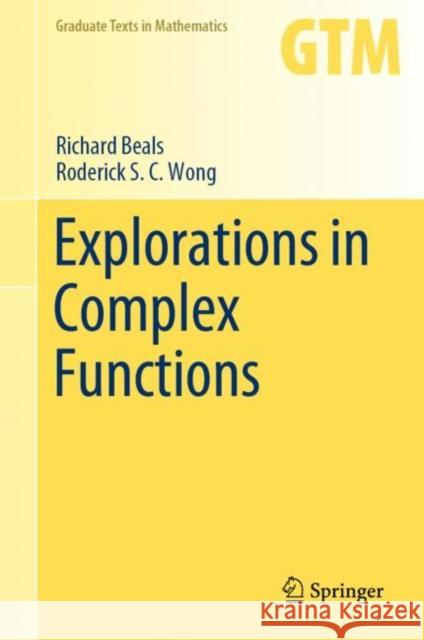Explorations in Complex Functions » książka
topmenu
Explorations in Complex Functions
ISBN-13: 9783030545321 / Angielski / Twarda / 2020 / 353 str.
Explorations in Complex Functions
ISBN-13: 9783030545321 / Angielski / Twarda / 2020 / 353 str.
cena 276,73
(netto: 263,55 VAT: 5%)
Najniższa cena z 30 dni: 250,57
(netto: 263,55 VAT: 5%)
Najniższa cena z 30 dni: 250,57
Termin realizacji zamówienia:
ok. 8-10 dni roboczych.
ok. 8-10 dni roboczych.
Darmowa dostawa!
Kategorie:
Kategorie BISAC:
Wydawca:
Springer Nature Switzerland AG
Seria wydawnicza:
Język:
Angielski
ISBN-13:
9783030545321
Rok wydania:
2020
Wydanie:
2020
Numer serii:
000009678
Ilość stron:
353
Waga:
0.63 kg
Wymiary:
23.88 x 19.56 x 1.78
Oprawa:
Twarda
Wolumenów:
01











